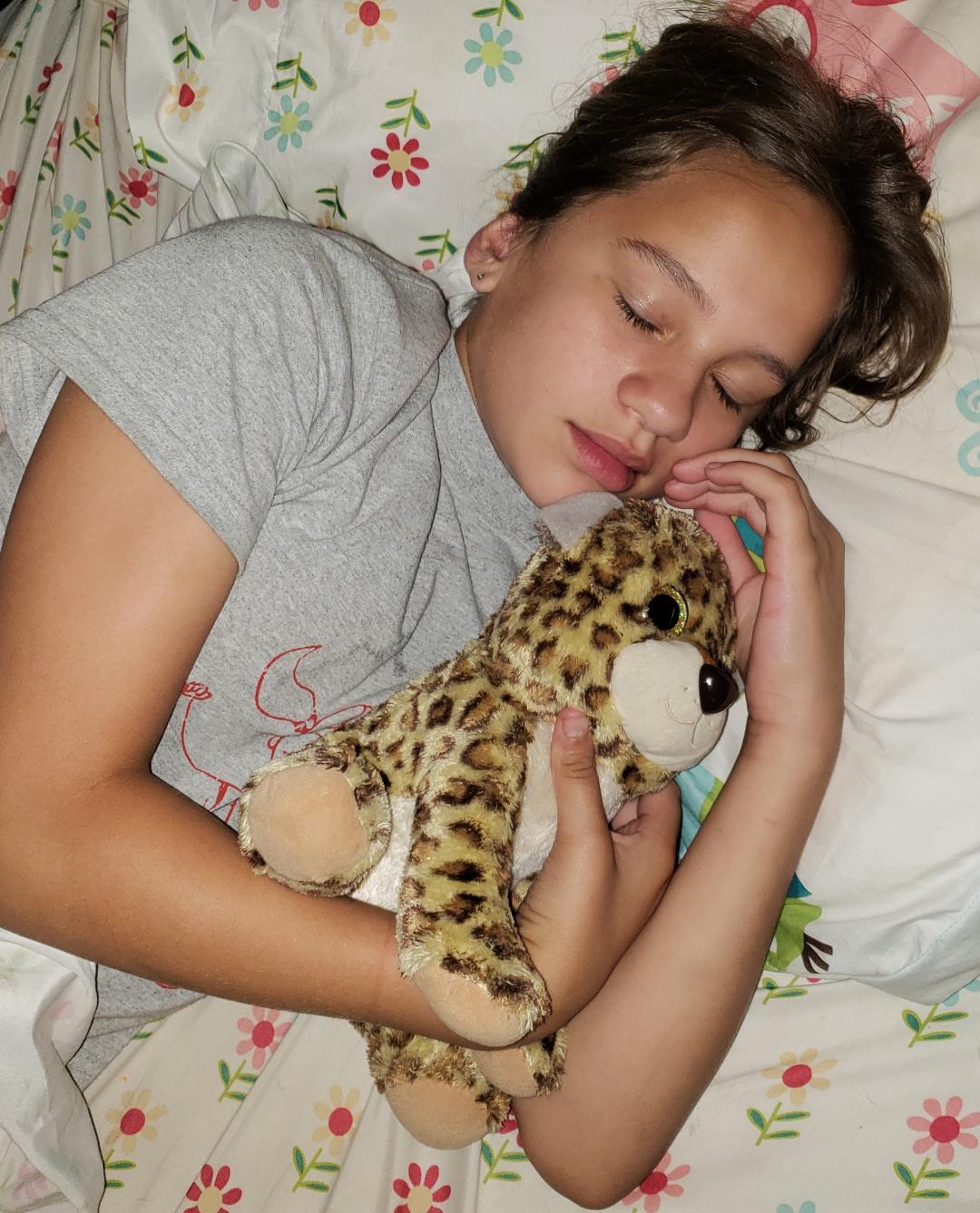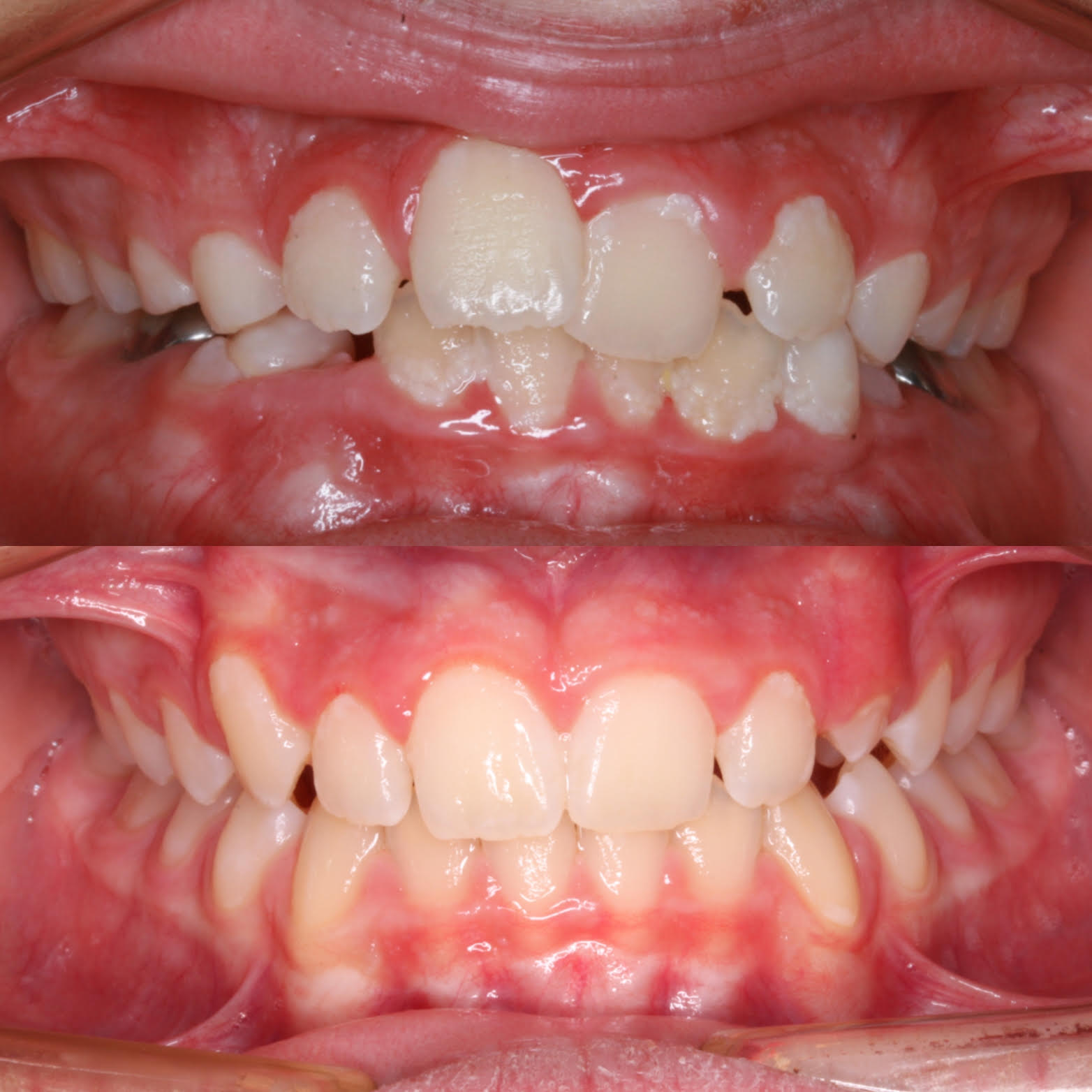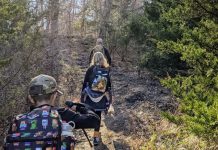Snoring is something that is often thought of as cute, or maybe we even laugh about it. But is snoring funny? Research shows that snoring is a sign of sleep disordered breathing and can be very damaging to our overall health. When we aren’t breathing through our nose, we are not breathing optimally, and our body is working harder than it should be. Snoring impairs sleep quality and can cause problems with memory, concentration, mood, handling stress and making good judgments.
These symptoms displayed in a child typically show up as hyperactivity. Kids often stay active to stay awake, which can look the same as a child suffering from ADHD. Since sleep disordered breathing has many of the same symptoms as ADHD, it causes speculation that it is being over diagnosed. But even in kids that truly have attention deficits, poor sleep compounds the problem and can make their symptoms even worse.
Although snoring may seem common, it is not actually normal.
We should sleep quietly and breathe through our nose.
 Other signs of non-restorative sleep can include teeth grinding, bed wetting, night terrors, restlessness and still feeling tired in the morning to name just a few. You may be hearing more about obstructive sleep apnea in adults as it is becoming more well known that this is a high-risk factor for heart disease, stroke, diabetes, depression and Alzheimer’s. But one does not just suddenly get OSA (obstructive sleep apnea). This is a chronic issue with a cumulative effect on the body and can start in childhood.
Other signs of non-restorative sleep can include teeth grinding, bed wetting, night terrors, restlessness and still feeling tired in the morning to name just a few. You may be hearing more about obstructive sleep apnea in adults as it is becoming more well known that this is a high-risk factor for heart disease, stroke, diabetes, depression and Alzheimer’s. But one does not just suddenly get OSA (obstructive sleep apnea). This is a chronic issue with a cumulative effect on the body and can start in childhood.
One serious issue that is often ignored is mouth breathing. Many kids have allergies that make it difficult to breathe through the nose. When we bypass the air filtration and other benefits the nose can offer, we get sick more often which then inflames our tonsils and adenoids. With the tissues inflamed, it causes more airway obstruction and adds to the snowball effect of mouth breathing. Sleeping with the mouth open positions the jaw in a way that does not support breathing and negatively impacts a good night’s rest. It can also dry out the mouth which can make you more prone to cavities, gum disease and bad breath.
When the mouth is open for breathing, the tongue is positioned incorrectly, which leads to the jaw growing in a narrower and more vertical angle than it should. Mouth breathers tend to have poor oral muscle tone which can cause a collapse of the soft palate and lead to the tongue falling back into the throat while sleeping. Narrow palates and under developed jaws leave less room for teeth to erupt, causing crowding or malocclusion (bad bite.) In turn, the child is at risk for an under developed airway which often eventually leads to OSA. This of course becomes a much bigger problem as an adult. But what if you could redirect facial growth in your child and potentially avoid future problems with the TMJ, teeth crowding and sleep disordered breathing? Many doctors and dentists are well trained in symptom management but may not be aware of another way to be more preventive.
 Your first step is to be the detective for your child and try to notice a few things during the day.
Your first step is to be the detective for your child and try to notice a few things during the day.
- Do they breathe through their mouth while concentrating on other tasks? Not even gaping wide but do they have their lips slightly parted?
- Are they a messy eater?
- Have dark circles under their eyes?
- Do they have any speech or swallowing issues?
- Is it hard for them to sit still?
- Do they have an under bite or over bite, crowded or crooked teeth?
These are all red flags that can be remedied through myofunctional therapy. Through neuro muscular re-education and exercises, your child can gain confidence, straighter teeth, improved jaw and airway development and get better sleep. It is a safe, natural and effective way to improve your child’s health. And, it is a wonderful way to be proactive in trying to head off the need for a CPAP.
BEFORE & AFTER MYOFUNCTIONAL THERAPY
 If you’re not sure if your child has any troubles with breathing while sleeping; record them at night. Their breathing should not be audible or strained and you should not hear snoring or teeth grinding. If you think ANY of this applies to your child, please call (316)440-9700 or visit my website to request a FREE CONSULTATION.
If you’re not sure if your child has any troubles with breathing while sleeping; record them at night. Their breathing should not be audible or strained and you should not hear snoring or teeth grinding. If you think ANY of this applies to your child, please call (316)440-9700 or visit my website to request a FREE CONSULTATION.
For more articles and videos on this topic, check us out on Facebook.
You can also find before and after photos of patients that I have treated along with testimonials on Instagram.






 Dalanna Hanson treats patients of all ages with myofunctional disorders from all over Kansas. She guides patients through exercises aimed to improve the function of the lips, tongue, cheeks and tongue and has seen astonishing results. She is a Registered Dental Hygienist and received her advanced education in Myofunctional Therapy starting in 2014 and has committed to be a lifelong learner. She has attended advanced courses in obstructive sleep apnea, temporomandibular joint disorders, Buteyko breathing and frenulum inspection. In 2018 she became the first person in Kansas to receive their Certification as a Specialist in Orofacial Myology from the Graduate School of Breathing Sciences in Cheyenne Wyoming.
Dalanna Hanson treats patients of all ages with myofunctional disorders from all over Kansas. She guides patients through exercises aimed to improve the function of the lips, tongue, cheeks and tongue and has seen astonishing results. She is a Registered Dental Hygienist and received her advanced education in Myofunctional Therapy starting in 2014 and has committed to be a lifelong learner. She has attended advanced courses in obstructive sleep apnea, temporomandibular joint disorders, Buteyko breathing and frenulum inspection. In 2018 she became the first person in Kansas to receive their Certification as a Specialist in Orofacial Myology from the Graduate School of Breathing Sciences in Cheyenne Wyoming.










My three year old granddaughter snores heavily. She doesn’t have problems eating and her dentist gave her thumbs up, but the pediatric ENT stated she needs her tonsils out! Hoping they didn’t have to resort to surgery. What are your thoughts?
I am so sorry for the delay, I just became aware of your question! The thought of surgery can be scary, but it may be necessary to remove the obstruction to keep her airway open at night. I would like to see if she has any other symptoms that could be altering her development to see if myofunctional therapy would help. Now that you have had 2 differing professional opinions, I would be more than happy to take a look and share examples of patients I have treated. For a free consultation you can call (316)440-9700 ?